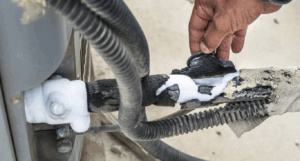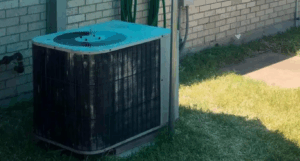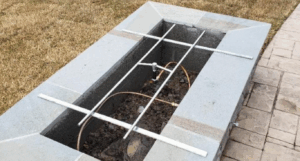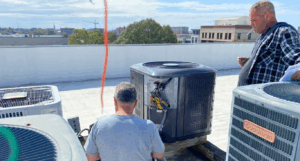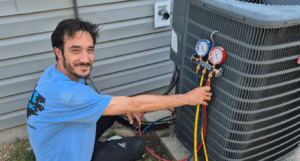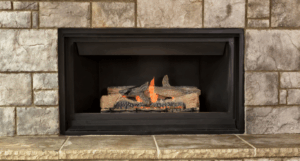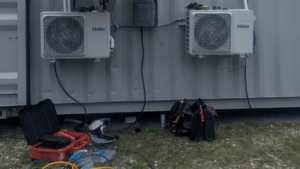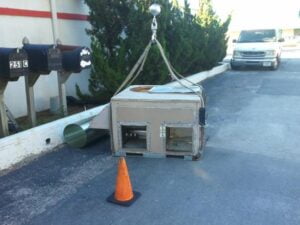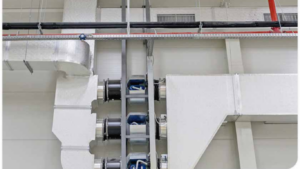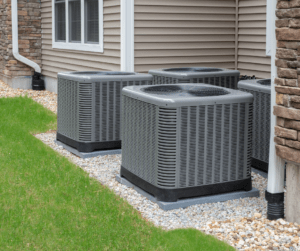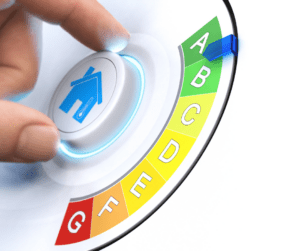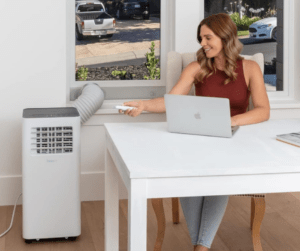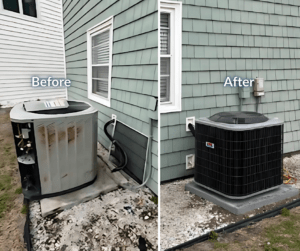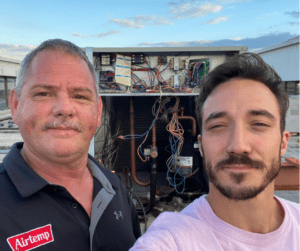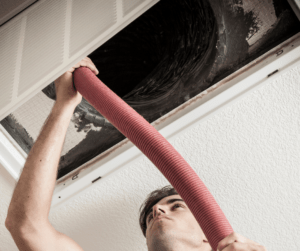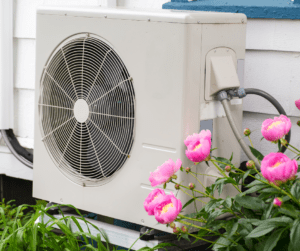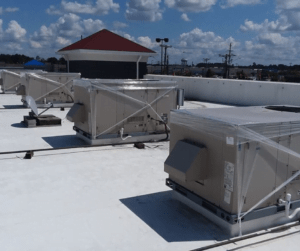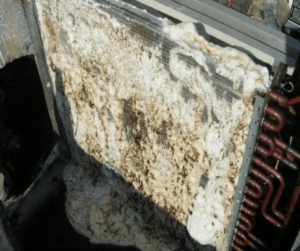Quick Fixes for Your Heating and Air Conditioning Woes
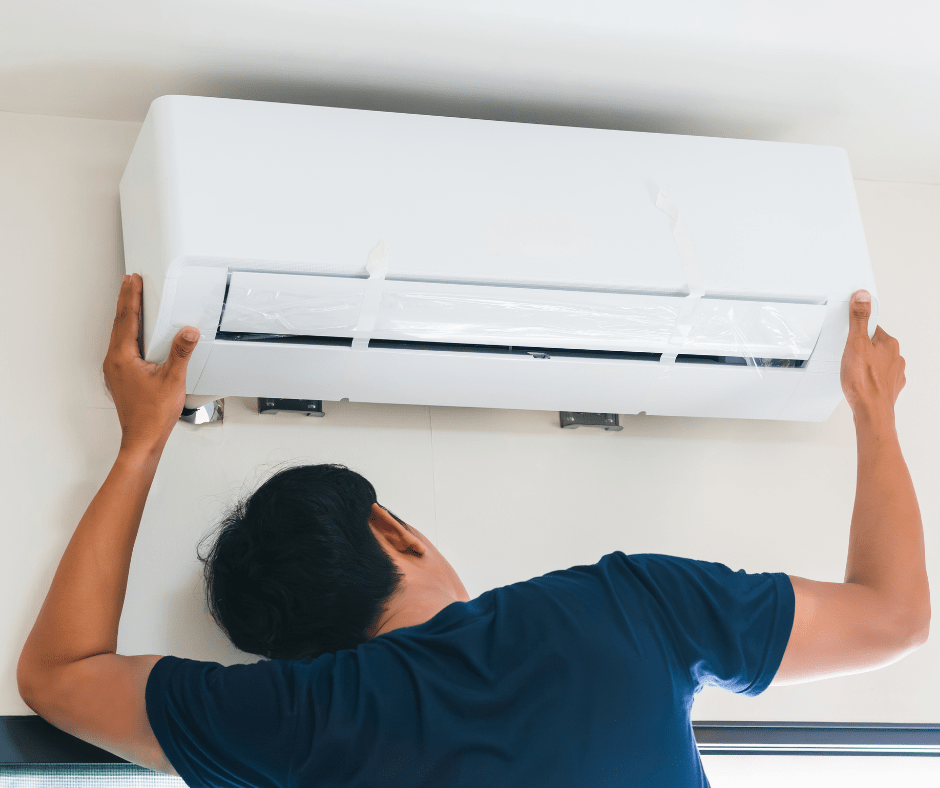
When it comes to keeping your home comfortable, your heating and air conditioning systems play a vital role. However, these systems can sometimes act up, leading to discomfort and frustration. The good news? Many common issues can be tackled with simple fixes that don’t require you to be a DIY expert.
In this blog post, we’ll explore some of the most frequent heating and air conditioning problems and provide you with practical solutions to help keep your home cozy all year round.
Recognizing When Your Thermostat Needs Attention
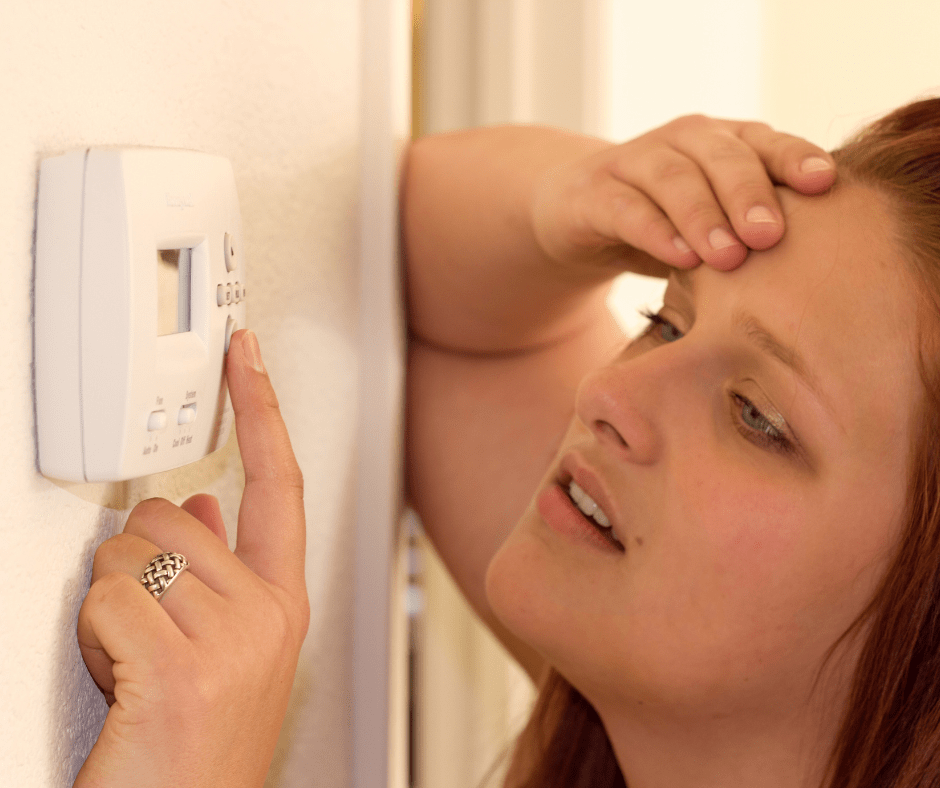
Your thermostat is the brain of your heating and air conditioning system. If you find your home too warm or too cold, start by checking that your thermostat is set to the correct mode—heat for winter, cool for summer—and that the temperature setting matches your preference. Programmable models should be checked to ensure the schedule aligns with your routine.
Sometimes, minor issues like dead batteries or dust on the sensors can cause inaccurate readings. A quick wipe with a soft cloth or replacing the batteries can often solve the problem. If your thermostat is still acting up, it may need recalibration or even replacement. Keeping your thermostat in tip-top shape is essential for maintaining the efficiency of your heating and cooling systems.
Tackling Uneven Heating or Cooling in Your Home
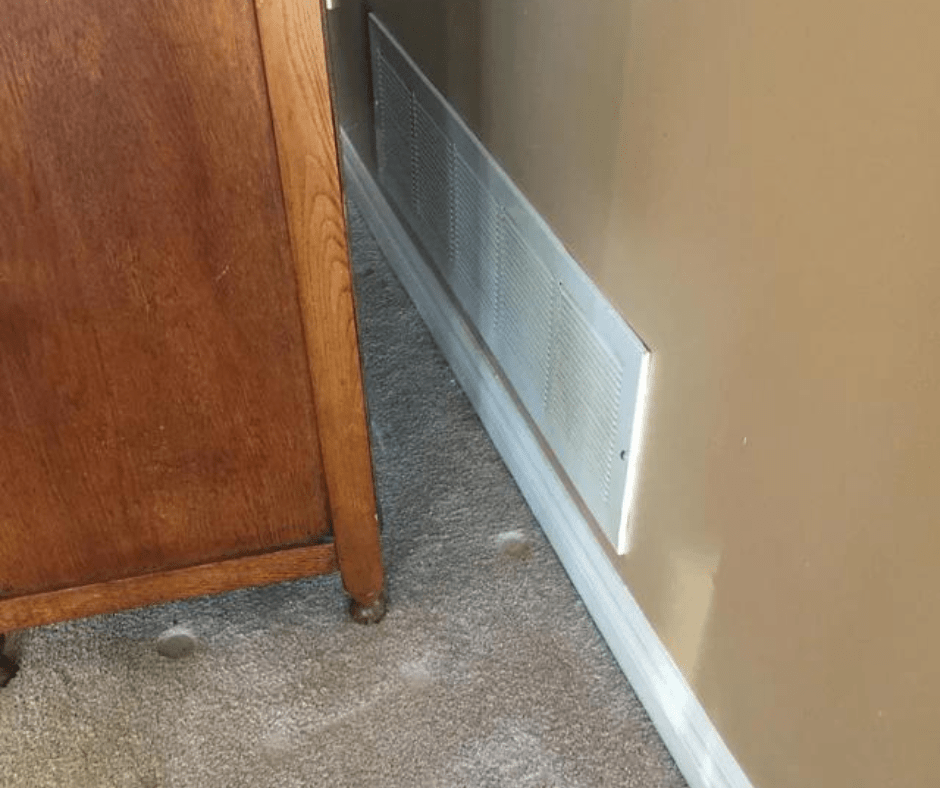
Uneven temperatures in different rooms can be frustrating, but the solution might be simpler than you think. Start by ensuring that your vents are fully open and not obstructed by furniture or curtains, as this can significantly improve airflow. Another easy fix is to adjust the dampers in your ductwork to better balance the air distribution throughout your home.
Ceiling fans can also play a crucial role in evening out temperatures. In the summer, set them to rotate counterclockwise to create a cooling breeze, and in the winter, switch them to clockwise to push warm air back down. Additionally, checking your home’s insulation and sealing any drafts around windows or doors can prevent heat loss and maintain a consistent indoor climate.
By making these small adjustments, you can enhance the comfort level in every room, ensuring that your heating and air conditioning systems work efficiently.
Understanding and Solving Furnace Ignition Problems
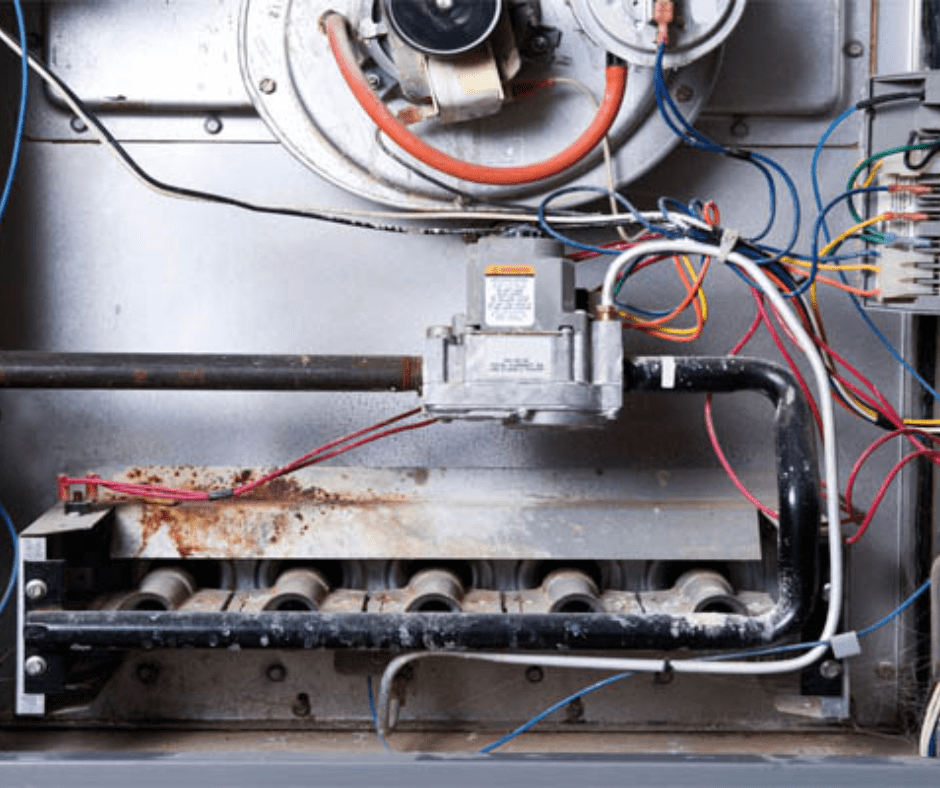
If your furnace isn’t igniting, don’t worry—there are a few straightforward checks you can do before calling in a professional HVAC company. First, ensure the power supply to the furnace is intact and the circuit breaker hasn’t tripped. If your furnace uses a pilot light, check to see if it’s lit. For systems with electronic ignition, listen for the clicking sounds that signify it’s trying to start up.
Another common issue could be dirty burners. Dust and debris can accumulate over time, hindering ignition. Carefully clean the burners or seek help if you’re unsure how to proceed. Additionally, ensure the gas supply valve is open. Sometimes, simply flipping a switch or adjusting a setting can solve the problem.
If these steps don’t do the trick, you might be dealing with a more complex issue, such as a faulty ignition system or gas valve. At this point, it’s wise to consult a professional HVAC contractor to ensure your system is safe and functional. Regular maintenance can also help catch and resolve these issues early, keeping your home warm and cozy.
Dealing with Refrigerant Leaks in Your AC System
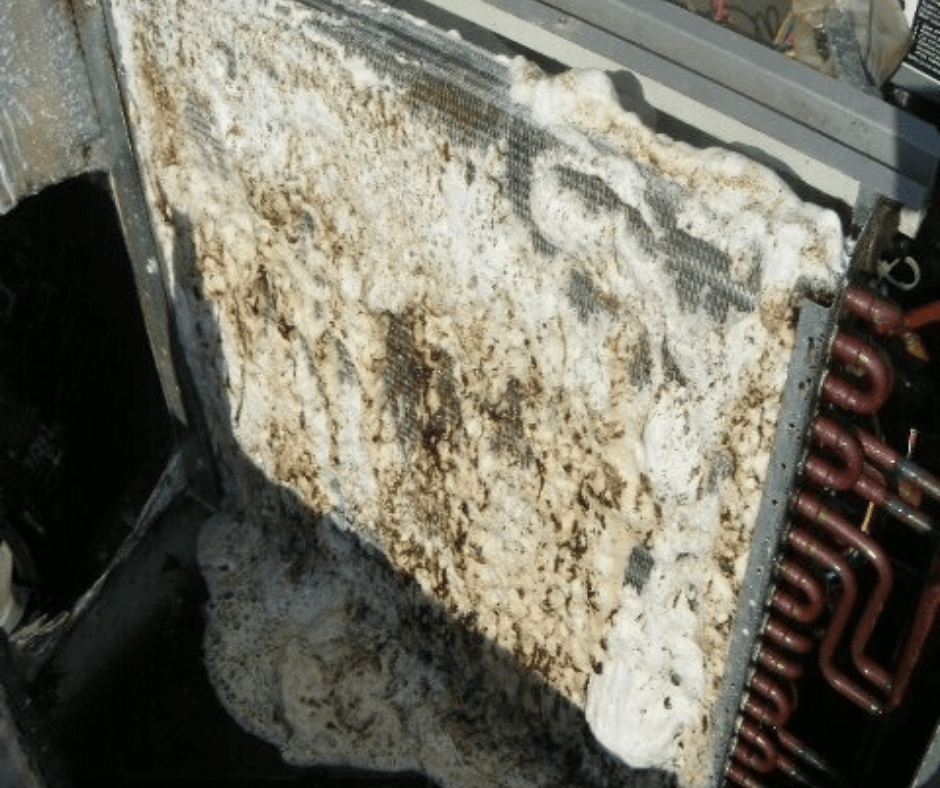
Refrigerant is essential for your air conditioning system’s performance, and leaks can significantly hamper its efficiency. If your AC isn’t cooling properly or you hear hissing sounds, it could indicate a refrigerant leak. While fixing leaks isn’t a DIY task, you can look for signs like ice buildup on the coils or a noticeable drop in cooling capacity.
When you suspect a refrigerant problem, contact a licensed HVAC technician to handle the situation safely and effectively. Regular system maintenance can help prevent such issues, so consider scheduling annual check-ups to keep your HVAC system in top shape. Keeping an eye out for these signs early can help maintain your air conditioning’s efficiency and longevity.
What to Do When Your System is Constantly Cycling
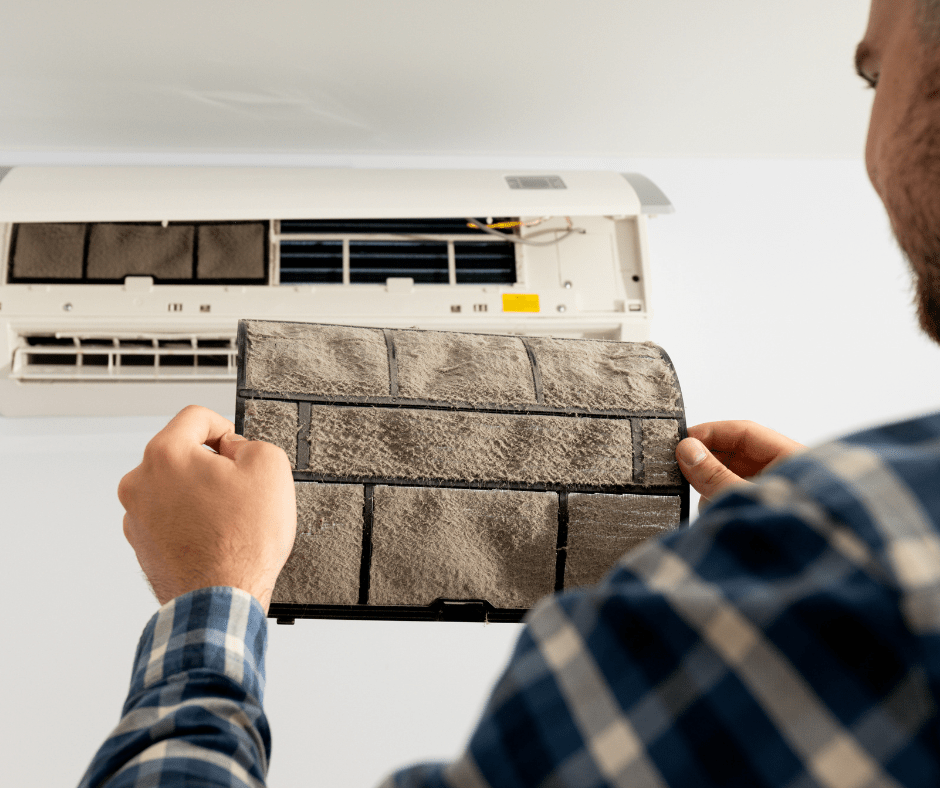
If your heating and air conditioning system is constantly cycling on and off, it’s important to address the issue promptly to avoid increased energy bills and potential wear on your equipment. Start by examining your thermostat settings to ensure it’s not set to an overly sensitive temperature range. Sometimes, minor adjustments can make a big difference.
Next, take a look at your air filters. Dirty or clogged filters can restrict airflow, causing your system to overwork and cycle frequently. Replacing or cleaning your air filters regularly is one of the simplest yet most effective ways to keep your system running efficiently.
If the issue persists after changing the filters, inspect your ductwork for leaks or blockages. Leaky ducts can lead to inefficient heating and cooling, prompting your system to cycle more often. Sealing any leaks and ensuring clear airflow can help stabilize the cycling pattern.
Additionally, check the outdoor unit of your air conditioner to make sure it’s free from debris. Sometimes, leaves, dirt, or other obstructions can interfere with the unit’s performance, causing it to cycle on and off. Keeping the area around the unit clean can significantly improve its efficiency.
Lastly, consider the size and age of your heating and air conditioning system. An oversized or aging HVAC system may cycle more frequently due to inefficiencies. If your system is older, it might be time to consult a professional for an assessment. Addressing these potential issues early can help maintain a more consistent and efficient operation.
Preventative Maintenance Tips for Year-Round Comfort
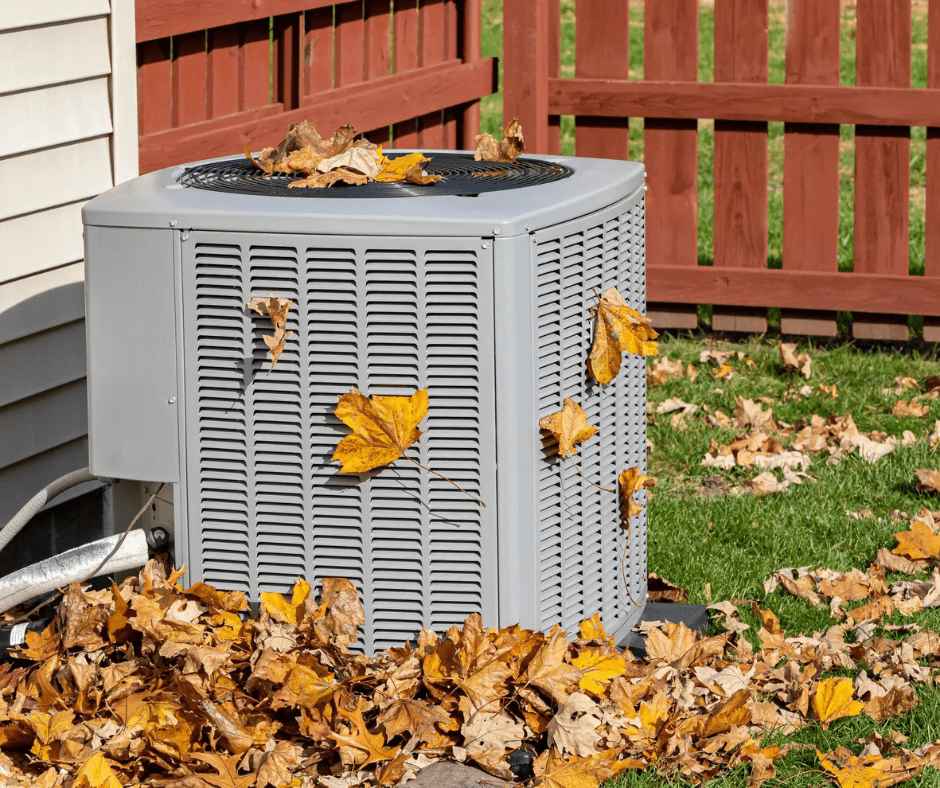
Taking proactive steps can make a significant difference in the longevity and efficiency of your heating and air conditioning systems. Start by scheduling annual maintenance checks with a qualified heating and air conditioning technician. These inspections typically include cleaning and fine-tuning your system, ensuring it operates at peak performance.
In between professional check-ups, keep an eye on your air filters and replace them every one to three months, depending on how frequently you use your system and the type of filter you have. Clean filters improve airflow and reduce the strain on your system.
Don’t forget to clear away any debris around the outdoor unit of your air conditioner. Leaves, dirt, and other obstructions can impede airflow and reduce efficiency. Additionally, ensure that furnace vents are unobstructed to maintain optimal performance.
Simple actions like vacuuming the area around your furnace and checking for visible signs of wear can prevent minor issues from becoming major problems. By incorporating these easy maintenance habits into your routine, you’ll help ensure that your heating and air conditioning systems stay in great shape, keeping your home comfortable no matter the season.
Quick Fixes for Common Heating and Air Conditioning Noises
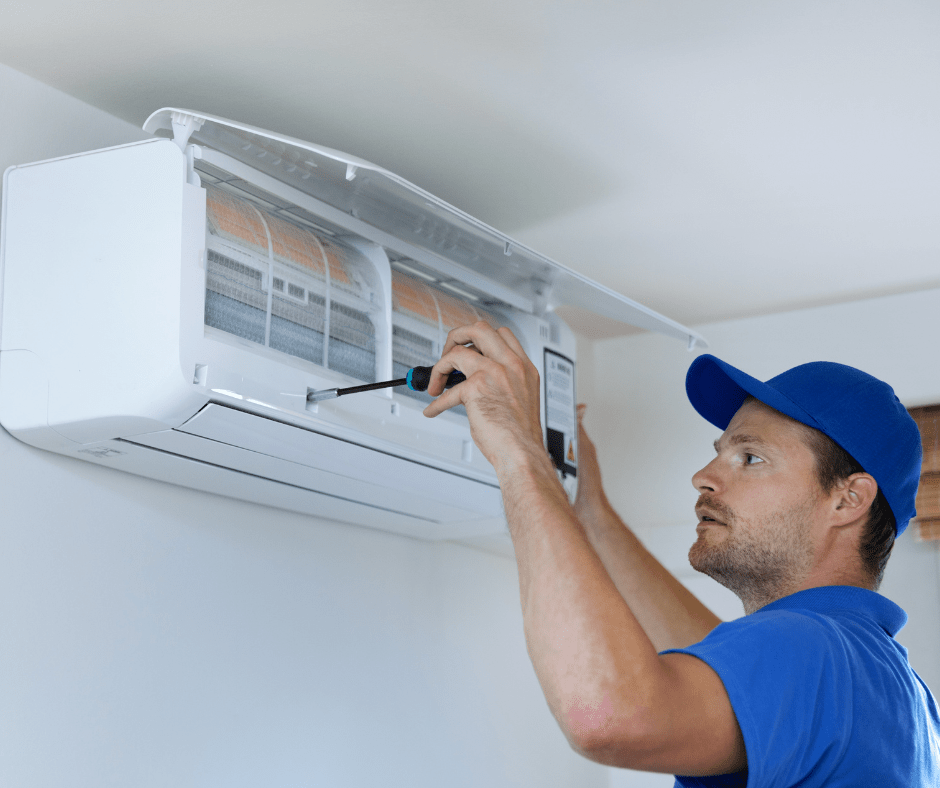
Strange noises from your heating and air conditioning systems can be unsettling, but understanding what they mean can help you address them promptly. A rattling sound often indicates loose panels or debris within the system. Tightening screws or clearing out debris can quickly resolve this issue. A buzzing noise may suggest an electrical issue, such as a failing capacitor or contactor.
While it’s best to consult an HVAC professional for electrical concerns, ensuring your thermostat is functioning properly can be a simple first step. Whistling sounds typically mean there’s a leak in your ductwork, which can often be sealed with duct tape or mastic sealant for a quick fix.
If you hear clanging or banging, it’s important to turn off the system and inspect for any loose parts or connections. Sometimes, tightening a loose component can stop the noise. Squealing or screeching usually points to a problem with the blower motor or belt. Lubricating the motor bearings or replacing a worn-out belt can often silence these sounds.
Taking the time to understand these noises can help you identify minor issues before they escalate. While many of these sounds have simple fixes, don’t hesitate to reach out to a professional if you’re unsure or the problem persists.
Knowing When It’s Time to Call a Professional
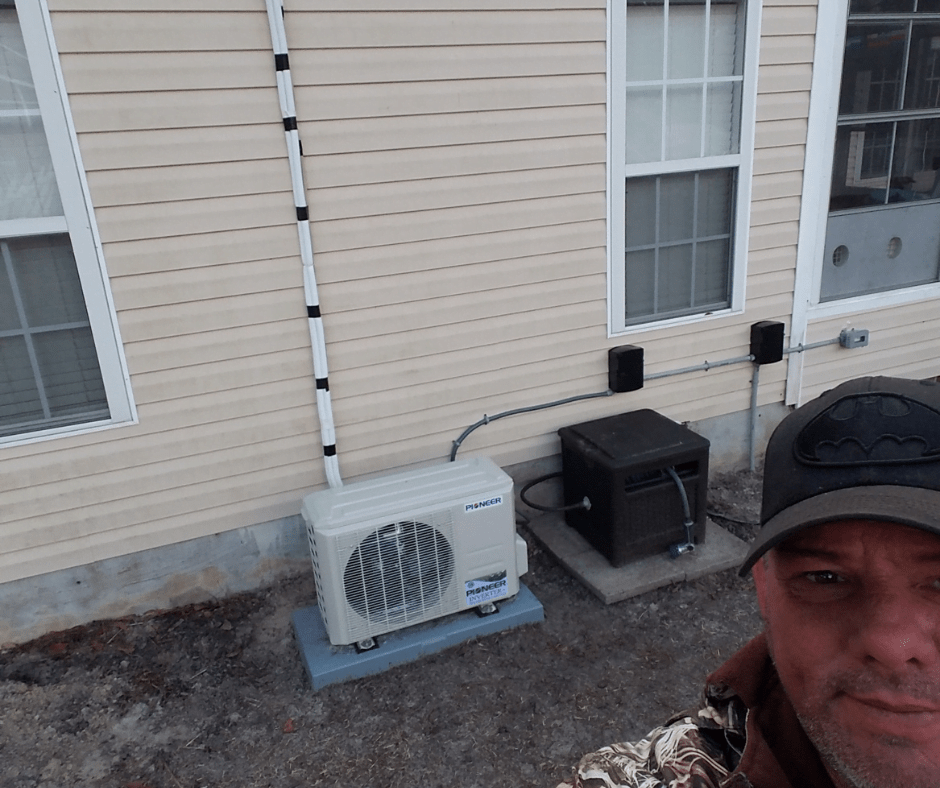
Sometimes, even the most diligent DIY efforts can’t resolve heating and air conditioning issues. When you’ve exhausted simple heating and air troubleshooting steps and still face persistent problems, it’s wise to call in a heating and cooling professional. If your system shows signs of electrical issues, like buzzing noises or malfunctioning controls, it’s crucial to seek expert help immediately to avoid safety risks.
Refrigerant leaks, identified by reduced cooling efficiency or ice buildup, should also be left to licensed HVAC technicians due to the specialized handling required. Similarly, if your system continues to cycle excessively despite clean filters and clear ductwork, a professional can diagnose deeper, less obvious issues.
Trusting a professional HVAC contractor ensures that your heating and air conditioning systems are not only repaired correctly but also maintained in a way that prevents future issues. It’s about peace of mind, knowing that your home comfort is in capable hands. Don’t hesitate to reach out when needed—professional maintenance and repairs can save you both time and money in the long run, keeping your home cozy and efficient year-round.
Related Articles
With the information you have learned here today, you should be well-equipped to identify and fix common and minor HVAC issues. For more useful HVAC tips, be sure to read our following related articles.


